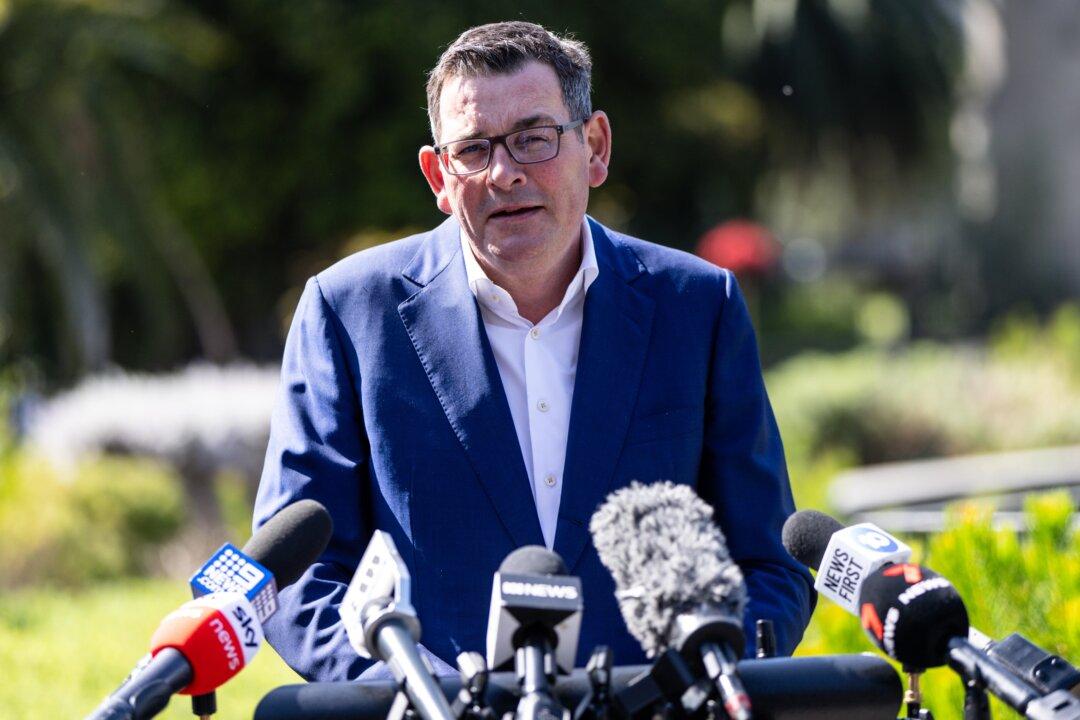Daniel Andrews has announced his surprise resignation as premier of Victoria and will quit politics tomorrow.
“Today, I will again visit Government House and resign as premier and member for Mulgrave, effective 5 p.m. tomorrow,” he told reporters.

Daniel Andrews has announced his surprise resignation as premier of Victoria and will quit politics tomorrow.
“Today, I will again visit Government House and resign as premier and member for Mulgrave, effective 5 p.m. tomorrow,” he told reporters.